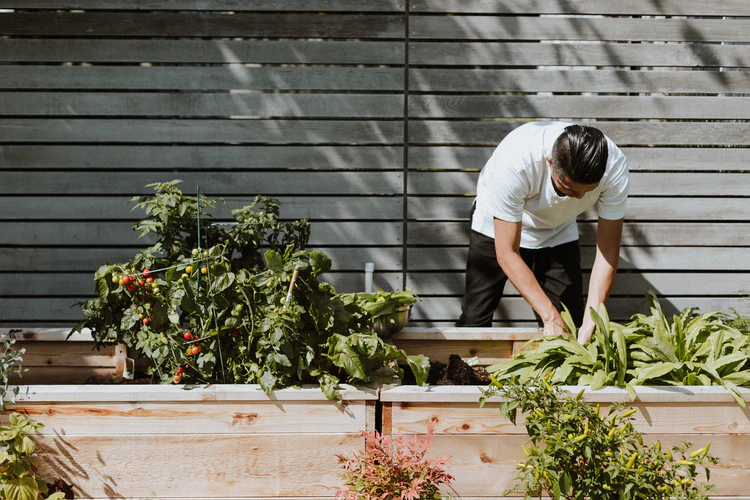Mental Health
Elderly Who Adopt New Technology Are More Confident and Healthy : Study
In a world that is growing every day in regards to technology, it is not only difficult for the older generation but the newer generation itself struggles to keep with the latest.
However, it is never too late to start learning and there is no bar on the age group of people who can benefit from the advancements. A new study suggests that surfing the net, using Skype, email and social networking sites helps older people stay "connected" with their communities.
The study, which aimed at investigating how technology could be used in rural areas of Australia to help older people was lead by Dr Helen Feist, the Deputy Director of the Australian Population and Migration Research Centre at the University of Adelaide. Dr Feist spent three years on the study which was funded by the Australian Government Department of Health and Ageing, and studied how older people could be encouraged to adopt new technology in a non-threatening way.
For the study, the researchers conducted a survey in the Murray Lands region of South Australia and found that about 25% of people aged 80 years and above and more than a third of those aged between 65 and 79 were willing to learn new technologies.
"In order for people to remain integrated within a world that increasingly relies on new technology, it is important that older people are offered opportunities to adopt and use these new technologies such as computers, smart phones, personal tablets and the Internet," says Dr Feist.
The study findings revealed that when the participants were introduced to iPads and laptop computers, they adopted the new technology without taking much time and also, there was 30% more ease while operating computers and the internet after using them over an year.
"Older adults who adopt new skills as they age improve their confidence, health, enjoy richer levels of social and civic engagement and are more resilient to life stressors and crises," Dr Feist says.
"New technology is enabling older people to keep connected regardless of location, distance or mobility."
Dr Feist says the factor that motivates older citizens the most to take up new technology is the desire to stay connected with family and friends.
"Their willingness to learn suggests there is indeed an untapped market for information and communication technology training in rural areas. Given the right device, along with personalised training and support, older people of all ages will take up and continue to use new technology," Dr Feist says.
A number of recommendations have been made by the report including better financial support for senior citizens, so that they can learn new technologies; subsidies for Internet connections; and the introduction of 'come and try' programs in local community centres.









Join the Conversation